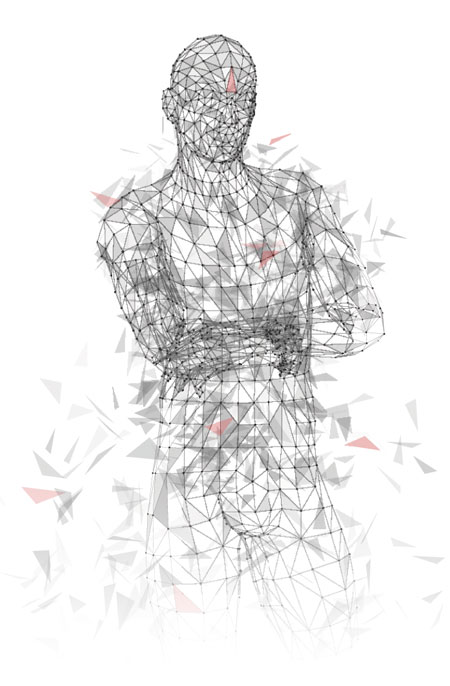
Semester 2 / ECTS Credits: 5 ECTS
Course Description:
The main objective of this course is to give basic knowledge about computer forensics, the technical foundations of computer forensics and the principles and practices of computer investigation. Students will gain comprehensive knowledge of the topic covered with the computer forensics theories and practice.
Throughout this course students will learn different techniques and procedures that enable them to perform a computer investigation and explain the technical issues of preparing for and performing digital forensic analysis based on the investigator’s position and duty.
The objective of this course is to emphasize the importance of computer forensics, and to prepare students to conduct a computer investigation in an organized and systematic way. Students will learn best practices for general computer forensics with the tools and techniques to perform a full computer forensic investigation.
Learning Outcomes:
- Collect evidence from the crime scene
- Conduct computer analysis
- Identify and analyze encrypted data
- Create reports on the computer’s digital forensic investigation
- Creating forensic copies of your computer
- Use tools to store and analyze digital evidence
- Knowing the procedures for storing data from your computer
Course content lectures:
- Introduction to Digital Forensics (key components, Principles, Digital Forensics Division)
- Parts of the computer (components and architecture)
- Digital evidence (sources and types)
- Place of investigation
- Procedures with a computer turned off or on
- Documenting all devices
- Copies of all record holders
- Packaging and storing of all components
- Documenting all steps
- Number system and Computers:
- Data storage
- Disk structure (physical and logical)
- Working memory
- Computer Boot Processes
- File System Basics
- FAT File System
- NTFS File System
- Other file systems
- Files and their forensic characteristics
- Recover deleted files and data carving
- Complex files
- Hash function
- Acquisition and verification of evidence
- Encryption
- Artifacts in the Windows operating system
- Internet artifacts
- Electronic mail and El. Communications artifacts
- Digital Forensics and upcoming technologies
- Create a report

